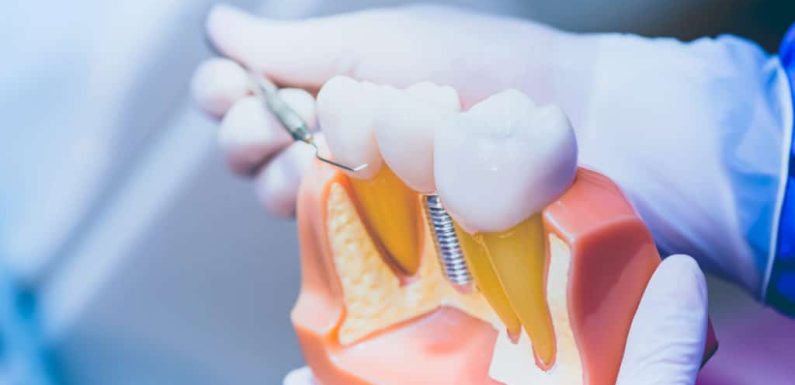
One of the main reasons you and certain dental patients are not excellent candidates for specific treatments is low bone density or bone loss. There are many causes of bone loss, but the most frequent one is one or more untreated or unreplaced missing teeth. By biting and eating, your natural teeth assist in strengthening your jawbone.
There is no bone growth in the region where one or more teeth are absent because there is no stimulation. The more bone degeneration occurs, the longer you go without replacing it. Your jawbone begins to degrade by approximately twenty-five percent after losing a tooth and not replacing it within the first year. Visit West Knoxville, TN dental implants today!
Causes of bone loss or low bone density
- Extractions and tooth loss.
Significant bone loss can result from tooth extractions and tooth loss. Your jawbone is stimulated when you chew food without it being stronger and denser overall. But when you lose a tooth or several teeth and do not replace them quickly enough, your jawbone stops being stimulated and starts to degrade. Once you start neglecting it, it becomes a habit, leading to consequences. Before you receive treatment, your alveolar membrane begins to deteriorate. It will affect your overall dental health a lot.
- Disorders affecting the gums.
Gingivitis and periodontitis are periodontal diseases that can harm the bone and tissue supporting natural teeth. These illnesses develop due to the mouth’s extreme bacteria, plaque, and tartar buildup. They can result in bone support loss, gum tissue degeneration, pocket formation, and inflammation of the gums if not addressed in a timely manner. You have to be very alert when it comes to your dental health. All of this might not be noticeable at the start. Loss of teeth can occur from all of this.
- Bridgework or dentures.
Because loose dentures do not adequately stimulate the jawbone, they frequently cause issues. They are known as “loose dentures” because the absence of stimulation leads to bone loss and impairs the person’s ability to eat and communicate effectively. If not fixed quickly, loose dentures can lead to severe bone loss. You must constantly visit your dentist until you have figured it all out.
- Trauma.
Accidents or trauma can also harm your jawbone. When a tooth is knocked out or cracks, leaving no biting surface below the gum line, there is no stimulation of the bone, which eventually results in bone loss. This is why it is crucial to visit your dentist immediately if you believe your teeth may have been hurt in an accident. If you think nothing will happen, then you might be wrong. Getting expert opinion and help is a stepping stone to protecting dental health.








